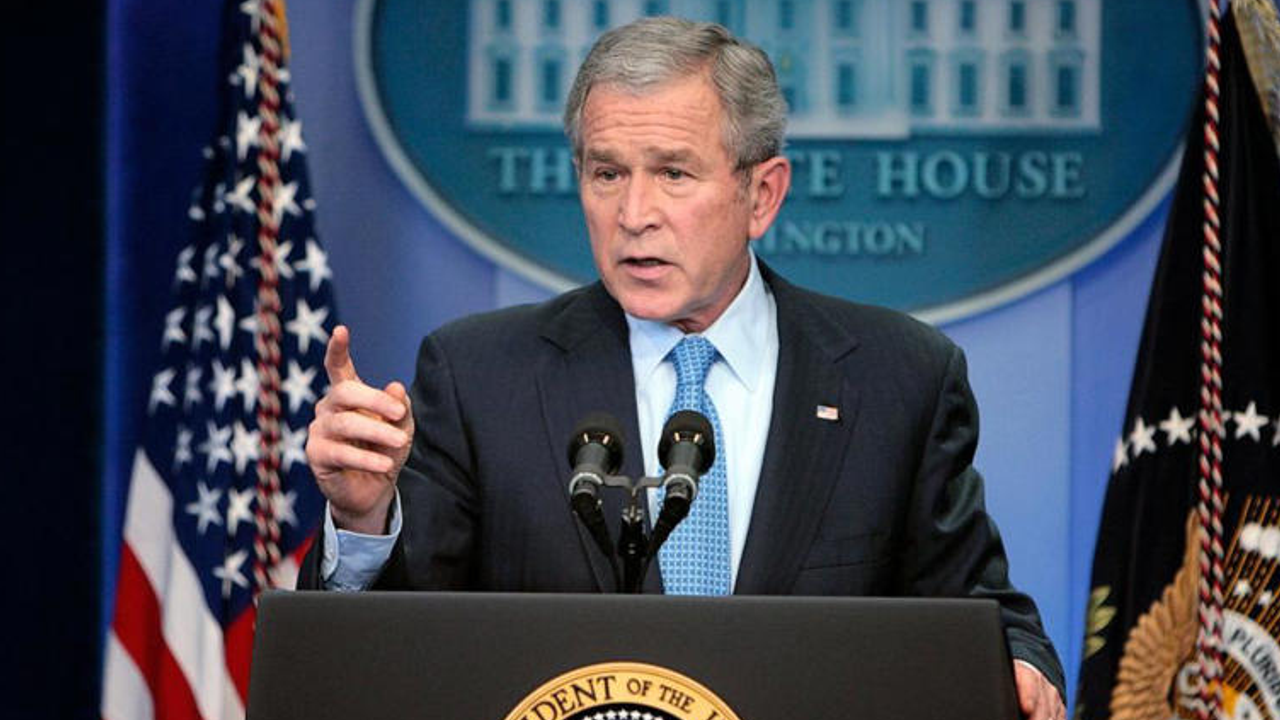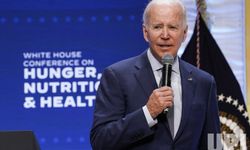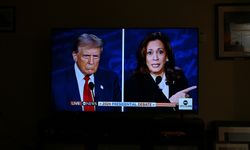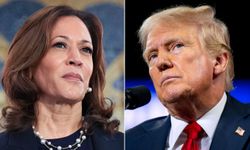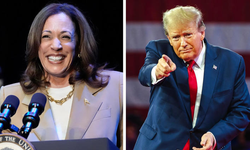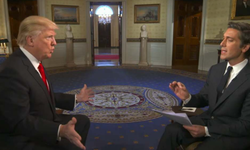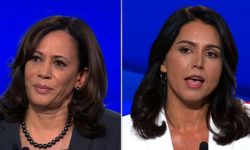The Significance of Silence: A Reflection on Bush’s Legacy
For many, Bush’s decision to withhold an endorsement is a marked departure from the traditional role former presidents have played in shaping the future of their party. Historically, presidents have wielded considerable influence in presidential primaries and general elections, with their endorsements serving as a powerful signal to the party base. However, in Bush’s case, his reticence may be a reflection of the changing dynamics within the Republican Party, which has shifted significantly since his tenure in the White House.
Bush, who served two terms from 2001 to 2009, has remained largely out of the political limelight since leaving office. Though he has occasionally made public statements on key issues, particularly when addressing moments of national crisis or concerning the state of American democracy, he has deliberately avoided engaging in the partisan battles that have defined much of the post-Obama era. His decision not to endorse a candidate in 2024 seems consistent with this strategy, allowing him to maintain a degree of neutrality in an increasingly divided political landscape.
The Trump Factor: A Complicated Relationship
One cannot discuss Bush’s decision without considering the looming presence of Donald Trump, the dominant figure in Republican politics since his election in 2016. The relationship between Bush and Trump has been notoriously strained, with the two representing starkly different wings of the Republican Party. Bush, a traditional conservative with a focus on compassionate conservatism, and Trump, whose populist, nationalist brand of politics redefined the GOP, have clashed both ideologically and personally.
While Bush has remained largely silent on Trump’s specific policies, his subtle criticisms of the direction the party has taken under Trump have been evident in speeches and public appearances. His decision to sit out of the 2024 endorsement process may reflect a desire to distance himself from the intraparty conflict or to avoid further entrenching himself in the polarizing battle between pro- and anti-Trump factions within the GOP.
Former Presidents and the Role of Endorsements
Bush’s decision not to endorse a candidate comes amid a broader reevaluation of the role former presidents play in U.S. politics. Unlike other prominent figures, such as Barack Obama, who endorsed Joe Biden in 2020 and has remained an active participant in Democratic politics, Bush has taken a more reserved approach. This may be a calculated move to preserve his legacy as a president who sought to unify, rather than divide, the country—even as his administration remains controversial on issues such as the Iraq War and his handling of Hurricane Katrina.
By staying neutral, Bush may be attempting to protect the institution of the presidency itself. His silence signals a preference for letting the American people decide without the influence of former leaders who may carry their own baggage from previous administrations. This decision could also be influenced by the growing recognition that endorsements do not always guarantee success, especially in an era where populist movements have defied conventional political wisdom.
The Republican Party’s Future: A Silent Commentary?
While Bush’s silence on the 2024 race may be strategic, it can also be seen as a reflection of the uncertainty facing the Republican Party. The GOP has undergone a significant transformation since Bush left office, moving away from the neoconservative policies that defined his presidency and toward a more populist and nationalist identity under Trump’s leadership. By choosing not to endorse, Bush may be signaling his discomfort with the current direction of the party—or perhaps a recognition that his influence may not hold the same weight in today’s political environment.
At a time when many Republicans are calling for a return to the pre-Trump era of conservatism, Bush’s decision to remain neutral is notable. It suggests that the former president is unwilling to throw his weight behind any particular candidate, perhaps because none represent the values he championed during his time in office.
Conclusion: A Strategic Withdrawal or a Missed Opportunity?
As George W. Bush steps back from the endorsement game, the implications of his decision remain open to interpretation. Some may view it as a strategic move to preserve his political legacy and avoid the polarizing debates of the 2024 election cycle. Others might argue that his silence is a missed opportunity to guide the future of the Republican Party, particularly as it grapples with internal divisions and the looming presence of Donald Trump.
Regardless of the reasoning, Bush’s decision not to endorse underscores the evolving role of former presidents in shaping contemporary politics. In an era where the Republican Party faces deep ideological divides and an uncertain future, his neutrality speaks volumes, perhaps more than any endorsement could.
